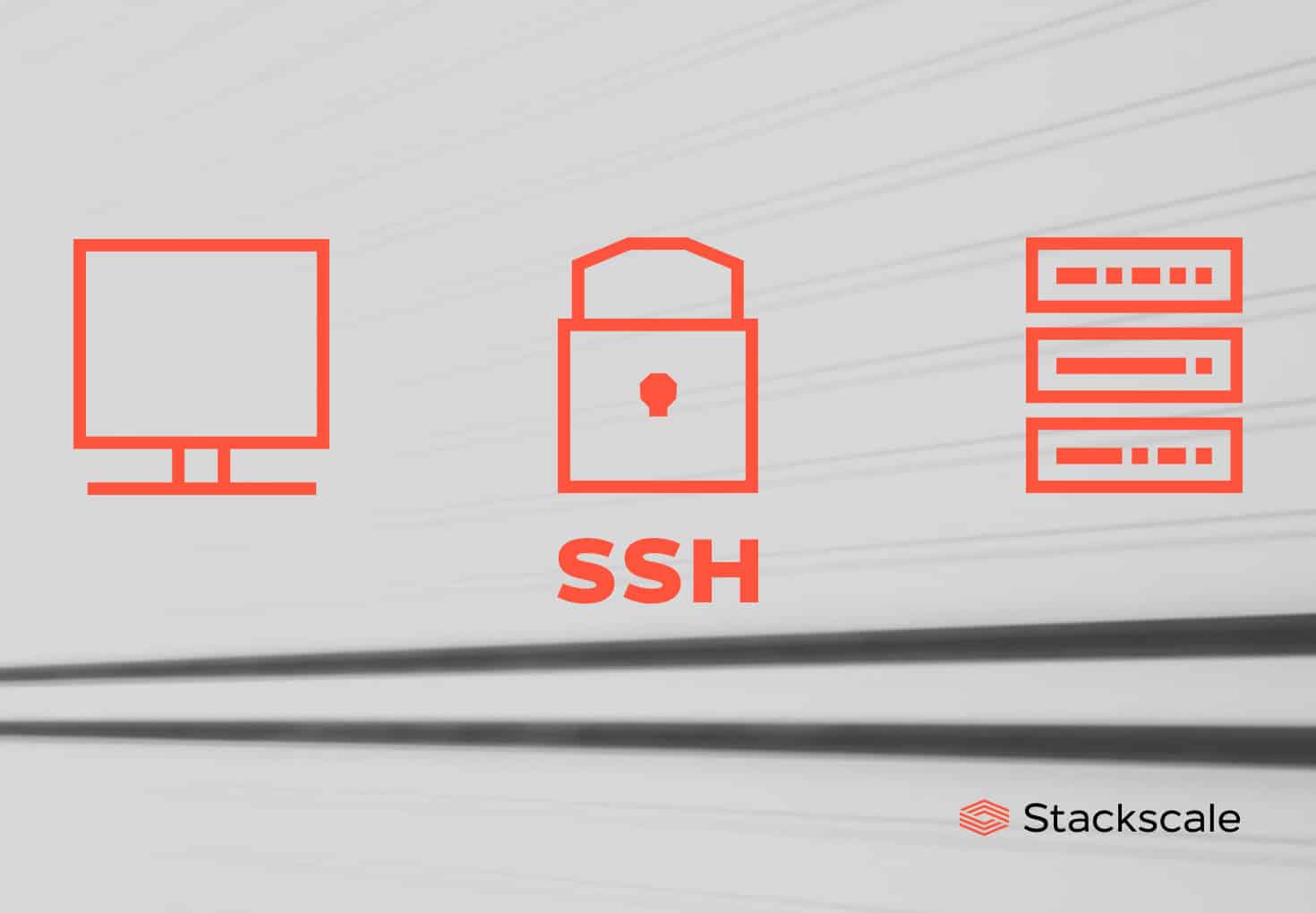

You can choose a passphrase with which to protect the keypair.

#DROPBEAR SSH CLIENT KEY AUTHENTICATION WINDOWS#
In SSH Client versions 7.xx and higher, the setting Sensitive information accessibility on the Login tab controls whether a keypair stored in the profile can be read by another Windows user, or on another computer.

It may be useful to store the keypair in a profile if the profile is going to be used on other computers, or by a job that runs as a different Windows account on the same computer. When the keypair is stored globally, it is stored in the Windows registry for the current user, under HKCU\Software\Bitvise\Keypairs. If you have saved a named SSH Client profile, the keypair generation interface will offer to store the keypair either in the profile, or globally. Generate either an ECDSA keypair, or an RSA keypair of size 2048 bits or larger. Only 1024-bit DSA keys are interoperable in SSH, and this key size is no longer considered adequate when using the DSA algorithm. Unless required for compatibility reasons, do not generate a DSA keypair. Press the Generate button to generate a new keypair: To generate a keypair using Bitvise SSH Client, run the graphical SSH Client, and open the Client key manager: To use public key authentication, the client from which you are connecting needs to have a public/private keypair. If this is the first time you are using public keys, we recommend the page Public keys in SSH. A private key should never be sent to another party.A keypair consists of a private key and a public key, which are separate.Client authentication keys are separate from server authentication keys (host keys).Public keys, in the way they are commonly used in SSH, are not X.509 certificates.You wish to configure public key authentication between the SSH Server and Client.īefore you configure public key authentication, it is important to understand:.You have installed Bitvise SSH Client on the computer from which you wish to connect.You have configured the SSH Server for access using SFTP, for Git access, or another purpose.You have recently installed Bitvise SSH Server.This section of Getting Started assumes that: Configuring public key authentication with Bitvise SSH Client


 0 kommentar(er)
0 kommentar(er)
